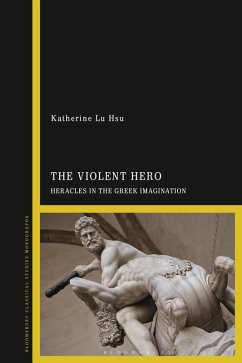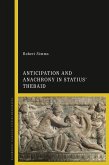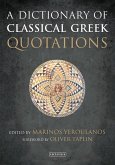This book uses the mythological hero Heracles as a lens for investigating the nature of heroic violence in Archaic and Classical Greek literature, from Homer through to Aristophanes. Heracles was famous for his great victories as much as for his notorious failures. Driving each of these acts is his heroic violence, an ambivalent force that can offer communal protection as well as cause grievous harm.
Drawing on evidence from epic, lyric poetry, tragedy, and comedy, this work illuminates the strategies used to justify and deflate the threatening aspects of violence. The mixed results of these strategies also demonstrate how the figure of Heracles inherently - and stubbornly - resists reform. The diverse character of Heracles' violent acts reveals an enduring tension in understanding violence: is violence a negative individual trait, that is to say the manifestation of an internal state of hostility? Or is it one specific means to a preconceived end, rather like an instrument whose employment may or may not be justified? Katherine Lu Hsu explores these evolving attitudes towards individual violence in the ancient Greek world while also shedding light on timeless debates about the nature of violence itself.
Drawing on evidence from epic, lyric poetry, tragedy, and comedy, this work illuminates the strategies used to justify and deflate the threatening aspects of violence. The mixed results of these strategies also demonstrate how the figure of Heracles inherently - and stubbornly - resists reform. The diverse character of Heracles' violent acts reveals an enduring tension in understanding violence: is violence a negative individual trait, that is to say the manifestation of an internal state of hostility? Or is it one specific means to a preconceived end, rather like an instrument whose employment may or may not be justified? Katherine Lu Hsu explores these evolving attitudes towards individual violence in the ancient Greek world while also shedding light on timeless debates about the nature of violence itself.









